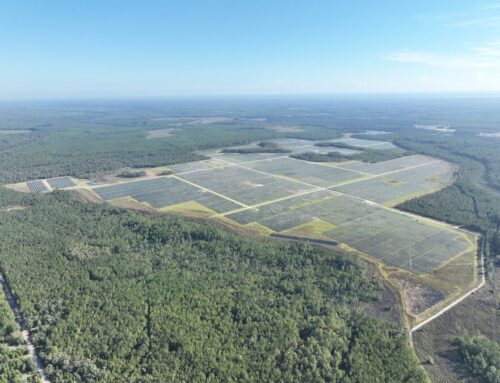Global Progress In Off-Grid Renewable Energy: Advancements, Challenges, And The Path To Universal Energy Access In 2024
December 27, 2024
The latest report on off-grid renewable energy statistics for 2024 highlights significant progress in the global adoption of decentralized energy solutions, driven primarily by the necessity to provide electricity to remote and underserved areas. The data indicates a steady increase in installed off-grid capacities across various regions, including Africa, Asia, Central America, and Oceania, showcasing the growing impact of renewable energy technologies in meeting energy access needs.
Over the past decade, off-grid renewable energy capacities have expanded, with notable contributions from solar, hydropower, and biogas systems. Africa, in particular, has demonstrated remarkable growth in the deployment of small-scale solar solutions, often used in conjunction with energy storage systems to ensure reliability. Countries like Kenya and Tanzania have taken significant strides in scaling up solar home systems, benefiting households and small businesses.
Similarly, Asia has witnessed a surge in off-grid capacity additions, particularly in countries such as India, Bangladesh, and Indonesia. India continues to lead in adopting decentralized solar solutions, which have transformed the rural electrification landscape. These advancements have been facilitated by supportive policies, innovative financing models, and active engagement of private-sector stakeholders.
The Caribbean and Central America regions have also shown progress, albeit at a slower pace. Renewables have become essential in reducing dependency on imported fossil fuels, a challenge compounded by the regions’ vulnerability to climate change impacts. Countries such as the Dominican Republic and Guatemala have initiated projects that integrate renewable energy technologies to boost local energy security.
Oceania has benefited from small-scale solar installations, particularly in island nations like Fiji and Papua New Guinea. These initiatives have reduced reliance on diesel generators, providing cleaner and more sustainable energy solutions for local communities.
Despite these achievements, the report underscores several challenges hindering the full potential of off-grid renewables. Financing barriers remain significant, particularly for smaller economies and rural regions. High upfront costs for renewable technologies often limit access for low-income households and small enterprises. Moreover, the lack of technical expertise and infrastructure for maintenance impedes the long-term sustainability of these projects.
The conclusion emphasizes the importance of scaling up investments and fostering international collaboration to accelerate off-grid renewable adoption. It calls for enhanced policy frameworks, financial incentives, and technological innovation to overcome existing barriers. Additionally, capacity-building initiatives are crucial to equip local communities with the skills needed for maintaining and operating renewable energy systems effectively.
Overall, the report portrays a promising outlook for the role of off-grid renewables in achieving universal energy access. The success stories from various regions underscore the potential of these technologies to drive economic development, improve living standards, and contribute to global climate goals. By addressing existing gaps and leveraging international partnerships, the world can further harness the power of off-grid renewable energy to create a sustainable and inclusive energy future.
Search
RECENT PRESS RELEASES
Related Post








